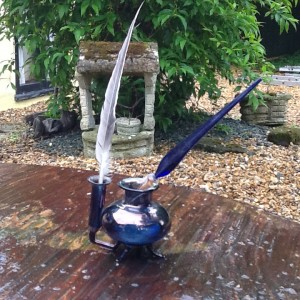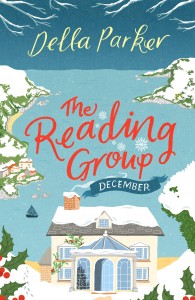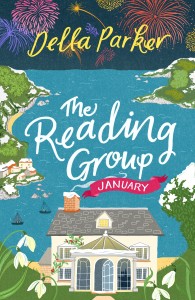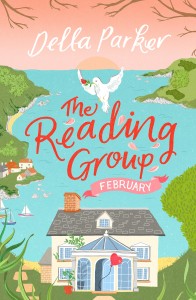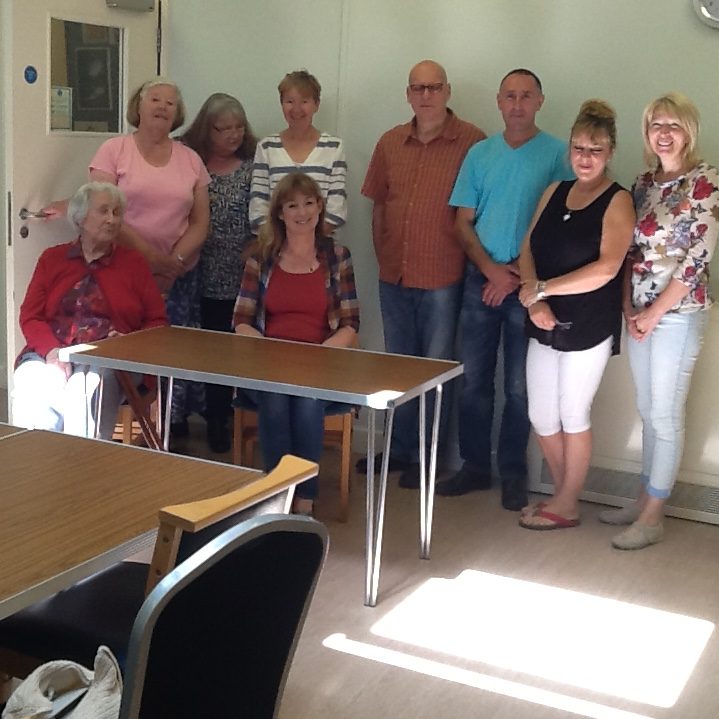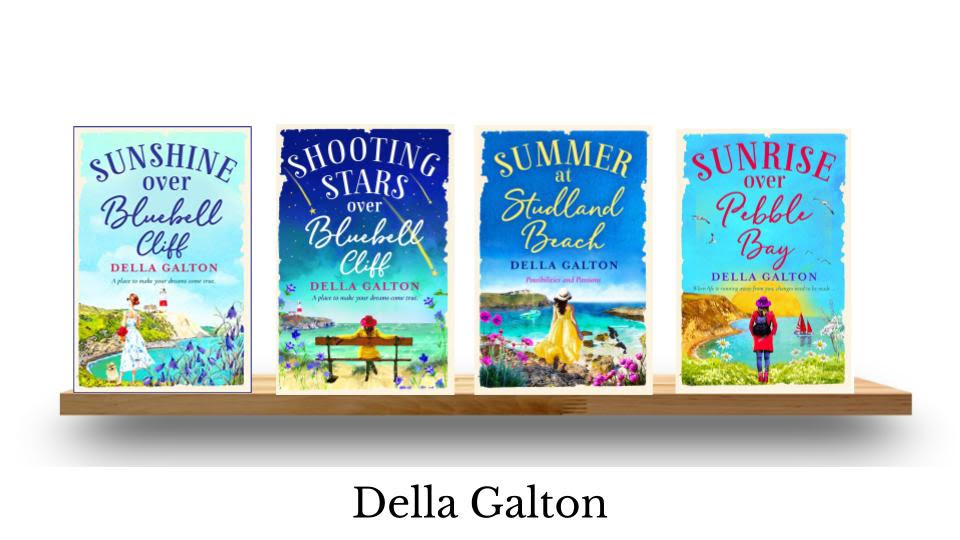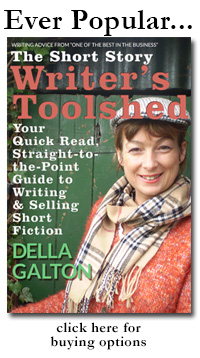 I am lucky enough to be able to teach creative writing at various venues. This is Woman’s Weekly’s new home at Canary Wharf. How can you fail to be inspired by this view?
I am lucky enough to be able to teach creative writing at various venues. This is Woman’s Weekly’s new home at Canary Wharf. How can you fail to be inspired by this view?
Tip Number One – Credibility
Do the course organisers have the credibility factor? Yes, if they are a respected publisher. such as Woman’s Weekly, they certainly do. Choose carefully.
Tip Number Two – Marketability
Can the course organisers actually buy the work you produce? Yes, in Woman’s Weekly’s case – they buy twenty plus stories a month. They also buy features. Which means that what you learn on the course may actually help you to sell your story to them.
Tip Number Three – Venue and accessibility
Woman’s Weekly have courses in London and in Birmingham. They cost £79 for a full day’s course. Choose from fiction, poetry or journalism. Check here for details.
Another wonderful venue, particularly if you are looking for something longer than a day is Writers’ Holiday, Fishguard, Pembrokeshire. Check out their winter weekend in February 2018 but be quick because it books up fast. £229 fully inclusive.

Tip Number Three – Inclusivity
Does your course include all levels of experience? If you’re a beginner you don’t want to feel out of your depth. But equally if you’re a more experienced writer you don’t want to sit through a course that is too basic. Check with the organisers. Both the Writers’ Holiday, at Fishguard and Woman’s Weekly cover all levels of experience, often on the same course.
Tip Number Five – The Fun Factor
It’s not all about the work, it’s wonderful to have fun too. Choose a course which has a reputation for friendliness. This is where The Writers’ Holiday comes into its own. Ann and Gerry Hobbs, who run Writers’ Holiday, are amazing. It would be hard to find a nicer couple. Nothing is too much trouble. Don’t take my word for it. Check out their website. www.writersholiday.net
And while we’re on the subject of friendly, I’m pretty friendly myself. Here are the details of my next two Saturday courses in Bournemouth. They run from 10 am till 4.00 pm.
Saturday 5 August, 2017 – Fiction Workshop – summer special DISCOUNT RATE £29.00
A day of inspirational workshops, designed to get your creative juices flowing. Workshop based. Places will be on a first come, first served basis.
Saturday 11 November 2017 – Writing Your First Novel £45.00
- The first chapter and beyond.
- Writing the synopsis and cover letter.
- Approaching agents and publishers.
Please contact me if you’d like to book. I will leave you with some biscuits. These are the ones Woman’s Weekly have on their courses – just saying!
Thanks for reading.


